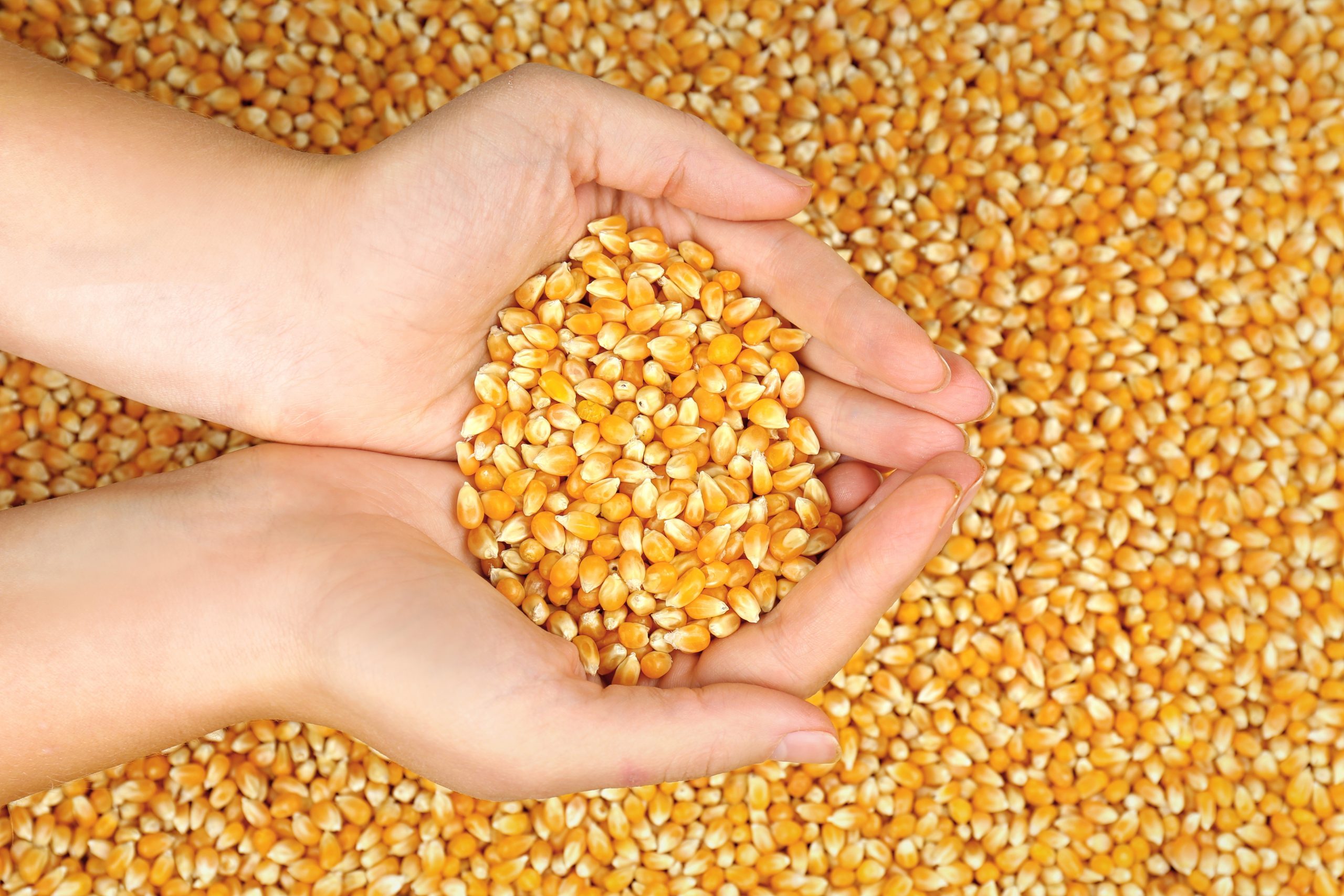More and better organic seed varieties available
Organic seed is becoming more available, says Mac Ehrhardt, president of Albert Lea Seed.
“The good news for farmers is that we have more companies in that space competing with each other, and we have more varieties and hybrids available. I think that’s a really good thing.”
A decade ago farmers felt like they didn’t have very good seed choices with organic seed, particularly with corn and soybeans. But that isn’t true anymore.
“I would say the breadth and depth of organic hybrid seed corn and organic soybean seed is pretty good,” Ehrhardt says.
There are also more organic seed choices for grasses, alfalfa, clover varieties, and cover crops.
“It’s a continuous improvement in the availability of all things,” Ehrhardt says.
Though he acknowledges there are still some organic seed varieties that aren’t available.
“There’s always going to be individual species that have an issue for whatever reason, but overall, things are definitely improving in terms of availability.”
Greater availability is also true with organic vegetable seeds, says Tom Stearns, president of Vermont-based High Mowing Seeds.
“There are so many more professional varieties of vegetable seeds out there. Breeding efforts have increased and there is more seed capacity. That is a good trend.”
High Mowing sells more than 700 vegetable seed varieties and is introducing 55 new varieties this year.
But Stearns says the growth in the use of organic seed has slowed in the vegetable sector.
“There has not been a huge amount of organic seed usage in the last two to three years. There was more substantial growth five to 10 years ago.”
NOSB recommendation to close non-organic seed loophole
Ehrhardt sees more use of organic seed by farmers. “Overall we continue to see increased usage of organic corn seed and organic soybean seed when it’s available,” he says.
The National Organic Program (NOP) rules allow organic farmers to buy untreated non-organic seed when commercial quantities of organic seed aren’t available.
David Ross, sales and operations manager at Great Harvest Organics, agrees.
“I see a greater effort on behalf of farmers to try more organic seed, especially those who have been using untreated, non-GMO seed,” he says.
Earlier this year, the National Organic Standards Board (NOSB) passed a recommendation urging the NOP to tighten the loophole that allows the use of non-organic seed. The recommendation would require that farmers show continuous improvement in their attempts to source organic seed.
Ross thinks the NOSB recommendation will help the organic seed industry. “It’s good to put some teeth in that (seed) rule,” he says. “It’s good for the organic seed business and companies like ours. Companies like Pioneer (which sells untreated non-GMO seed) have no skin in the game. They don’t want organic to succeed.”
Ross also thinks the NOSB recommendation is leading some organic certifiers to put more pressure on organic farmers to buy organic seed.
Stearns sees future growth in organic seed use based on the NOSB recommendation.
“I think that will stimulate some additional growth. Trends start to be influenced by the NOSB passing rules.”
Non-GMO demand driven by economics
The demand for non-GMO conventional corn and soybean seed is strong due to farmers being squeezed by trade tariffs, low commodity prices, and GMO traits that aren’t delivering value for their high price.
“There’s continued farmer demand for conventional non-GMO corn and soybean seed, but that’s primarily driven by economics,” Ehrhardt says. “Conventional non-GMO seed is cheaper than traited (GMO) seed. Conventional farmers are looking for ways to cut costs. If they can save money on seed, they’re going to do it.”
“We continue to see more and more interest in non-GMO,” says Josh Richey, president of Spectrum Non-GMO, a supplier of non-GMO corn seed. “We’re seeing more customers questioning why they are spending $50 or more for fully traited products when they’re finding that it isn’t necessary.”
“Non-GMO is a growing market, and it’s going to keep growing,” says Nate Belcher, crop consultant and regenerative agriculture specialist at Hybrid 85, an online direct-to-farmer non-GMO corn seed company. “The (GMO) traited varieties are not providing the value farmers paying are for them, and they’re saying ‘why am I paying $275 per bag for traits that I’m not really utilizing?’ ”
Belcher also believes that consumer demand for non-GMO foods will continue.
The non-GMO seed industry is also seeing more competition, Richey says.
“There’s a lot of good competitors out there, good seed companies. It’s a fairly competitive world, and I think that’s great for agriculture.”
Ehrhardt says several new seed companies are selling non-GMO corn seed at a lower cost. These include Farmers Business Network, SureFlex Hybrids, and Hybrid 85.
“In some cases, these companies are marketing older genetics that are no longer patented, and therefore, don’t have a high royalty (that companies have to pay for). If you take an old hybrid that’s no longer patented, you can sell it much cheaper.”
But Belcher says some of the older hybrids still perform as well as newer hybrids.
“Technically, sure, the genetics may be older, but when you put it next to something new, you’d be amazed.”
Another new non-GMO corn seed company, Hi Fidelity Genetics, is using a data driven approach to breed non-GMO corn seed.
Bill Niebur, Hi Fidelity Genetics’ chief operating officer, sees non-GMO seed gaining greater importance going forward. “What we see is that there’s a balancing in the market between GM and non-GM products. There’s an equilibrium forming that’s different from where we might have been 10 years ago, when it was all the (GMO) traits all the time, to today, using traits judiciously and using innovations such as weed control, insect control, tillage, companion crops, and cover crops to find alternatives to fully traited seed where it’s appropriate.”





